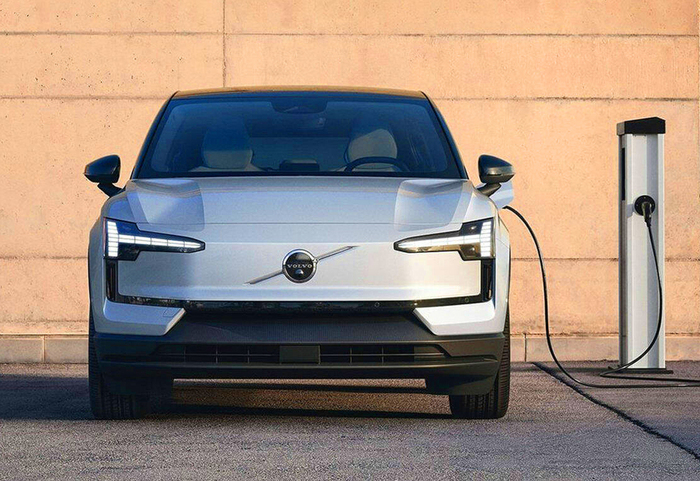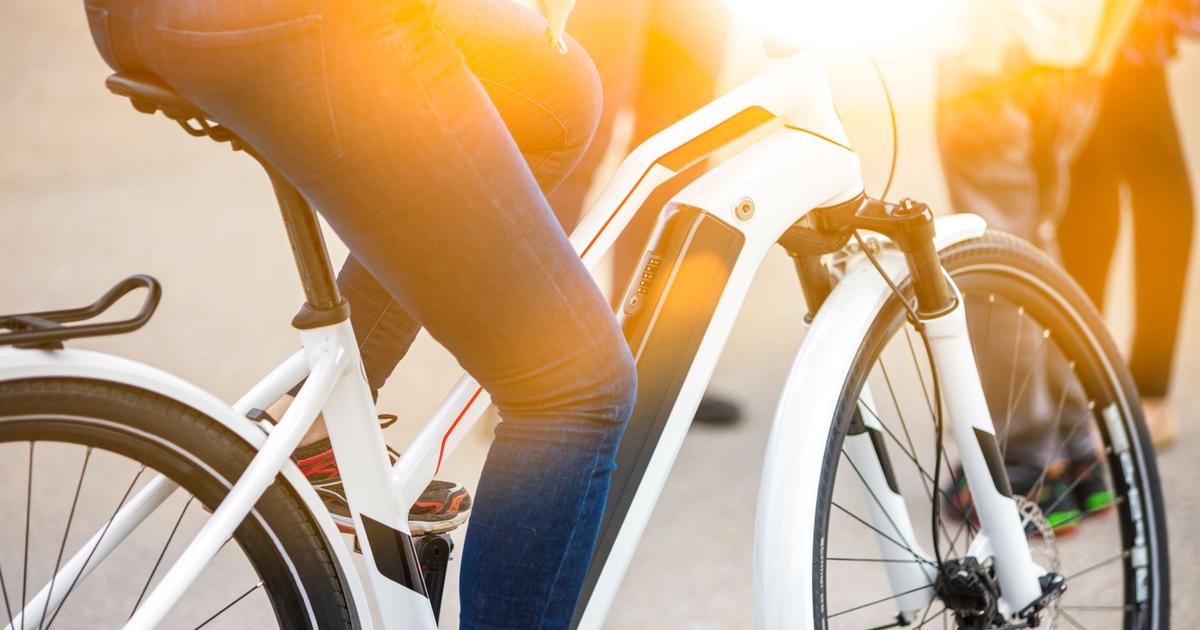Home office and canceled family celebrations - people stay at home in the Corona crisis. Car manufacturers and suppliers are shutting down production. The state of emergency significantly reduces CO2 emissions, experts say - and can still damage the climate. Why this?
Berlin (dpa) - At first glance, it looks like good news for the climate. According to experts, Germany is achieving its climate protection goal because people stay at home in the corona crisis and industry produces less.
Depending on the extent of the crisis, it could not only be 40 percent less greenhouse gases than in 1990, but even up to 45 percent, said Agora director Patrick Graichen on Friday in Berlin. Only: That would not help much if less was invested in climate-friendly technologies such as green electricity and electric cars. On the contrary, the virus could slow down the fight against global warming in the long term.
Graichen therefore appealed to politicians: economic stimulus packages should be "green" and focus on saving CO2 instead of coal and oil. He is not alone in this. The head of the International Energy Agency (IEA), Fatih Birol, saw the crisis as an opportunity for states to put together growth packages for "clean" energy. Environmental associations and foundations appeal to the federal government and the EU to make the European "Green Deal" - and thus greenhouse gas neutrality by 2050 - the yardstick for economic aid. "The Green Deal has to be the basis for all economic stimulus," said Green Climate politician Lisa Badum.
For the current year, however, it already seems quite certain that CO2 emissions will decrease significantly in the current year. According to calculations by the Federal Environment Agency (UBA) last year, it was 805 tons, which was 35.7 percent less than in 1990. The target is 40 percent by 2020, which would require a further 50 million tons less. From Agora Energiewende's point of view, depending on the development of the crisis, this would be the lower limit - a reduction of an additional 120 million tons would also be conceivable. That would be 45 percent less than in 1990. A look at three important areas:
TRAFFIC: People are less traveling by car because they shouldn't or shouldn't travel anymore, Graichen said. That depresses emissions in traffic. Individual car traffic accounts for around 60 percent of greenhouse gas emissions in this area. 7 to 25 million tons less CO2 equivalents - a unit into which all greenhouse gases are converted - could be generated here.
INDUSTRY: Broken supply chains, staff shortages, hardly any orders, the economy is already suffering from the corona crisis. CO2 emissions are particularly depressed if the energy-intensive raw material industries - such as steel, chemicals and cement - produce less. According to Agora, there is also a lack of demand. The result would be 10 to 25 million tons less CO2.
ELECTRICITY PRODUCTION: According to Agora, around 20 million tons of CO2 will be saved by Easter because it is quite warm and windy and the gas price is low. This puts climate-damaging coal-fired power plants under pressure. From January to mid-March, the green electricity share was 52 percent. Now there is the falling electricity demand due to the corona crisis. Depending on the scenario, 30 to 50 million tons of CO2 would be less conceivable according to the calculations.
Criticism of the calculations came from FDP parliamentary group leader Frank Sitta. "It is trivial and profoundly cynical to see the possible connections and effects of the ongoing corona crisis on the climate," he said. The federal government should "now more than ever come down from its climate ideology palm" and suspend the introduction of the CO2 price for diesel, gasoline and heating oil. The left-wing climate politician Lorenz Gösta Beutin, on the other hand, warned that corona and climate crises should not be played off against each other.













/cloudfront-eu-central-1.images.arcpublishing.com/prisa/KMEYMJKESBAZBE4MRBAM4TGHIQ.jpg)

